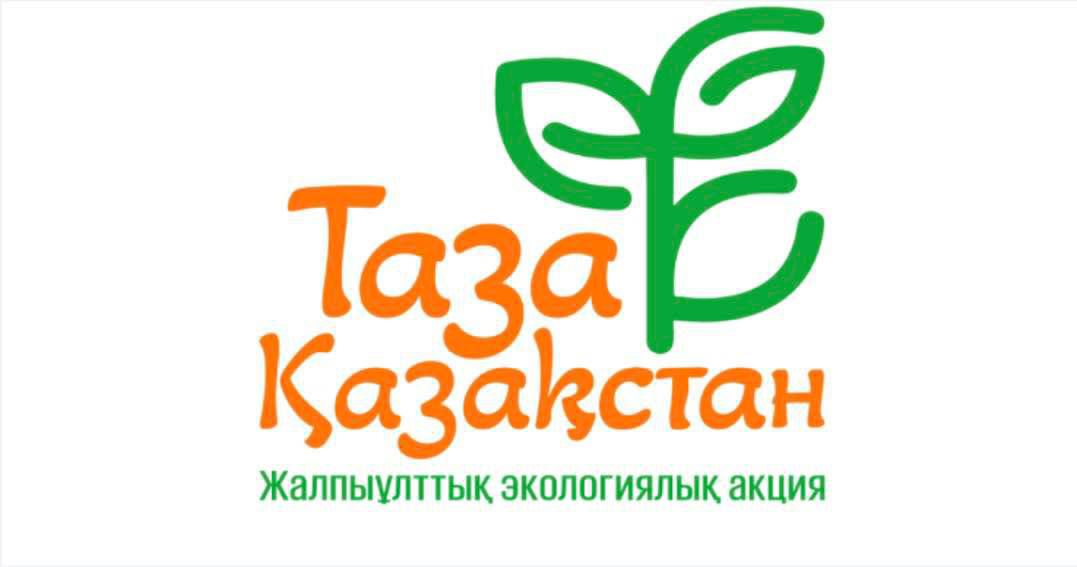The Ministry of Ecology and Natural Resources of the Republic of Kazakhstan has provided an update on the implementation of the “Taza Kazakhstan” Concept for the Development of Environmental Culture, Infotabigat.kz reports. This nationwide initiative aims to foster a respectful attitude toward nature, raise awareness about environmental protection, and encourage active public participation in solving ecological issues.
According to ministry officials, the concept goes beyond being a set of recommendations or action plans — it serves as a foundation for shaping environmentally responsible behavior and a shared commitment to preserving the natural world.
Under the banner of “Taza Kazakhstan,” hundreds of campaigns and clean-up events have taken place across the country, both at the national and international levels. These include initiatives such as “Taza Kásip – Taza Aimaq,” “Kieli Meken,” “Taza Ólke,” “Móldir Bulaq,” as well as global actions like Earth Hour and World Bird Day. These efforts have resulted in the collection of more than 1.4 million tons of waste and the planting of over 2.4 million trees in populated areas.
The total number of participants in these campaigns has reached approximately 9 million people, including more than 448,000 volunteers.
Digital tools also play a key role in the initiative. One example is the Telegram bot “@TazaQazBot,” which allows citizens to report local environmental issues or request improvements in public spaces. Since its launch, over 22,000 reports have been submitted, with the vast majority already resolved. The most common issues reported involve litter clean-up, garbage removal, and the condition of sidewalks and streets.
Another important focus of the initiative is improving the country’s waste management infrastructure. Kazakhstan generates over 4.5 million tons of municipal waste each year, yet only around 25.8% is currently recycled. Of nearly 3,000 landfills across the country, only 20% have the necessary environmental permits.
Efforts to modernize infrastructure are ongoing. Several new waste facilities have been built and commissioned, while project documentation has been completed for dozens more. The ministry is also working on securing funding for the construction of 43 new landfills across 11 regions, with a projected cost of 53 billion tenge, financed through the utilization fee mechanism.
Greening urban and rural areas is another key priority. More than 1.3 billion seedlings have been planted in state forest reserves, including nearly 49 million saxaul trees on the dried seabed of the Aral Sea. To support reforestation efforts, the government is also establishing modern nurseries capable of producing high-quality, resilient planting materials.
Officials emphasize that “Taza Kazakhstan” is more than an environmental program — it’s a values-based movement aimed at shaping a new level of environmental consciousness and engaging society in caring for the country’s future.
As ministry representatives put it, what began as an effort to tackle ecological issues has grown into something much larger: a call for both environmental and spiritual cleanliness.

